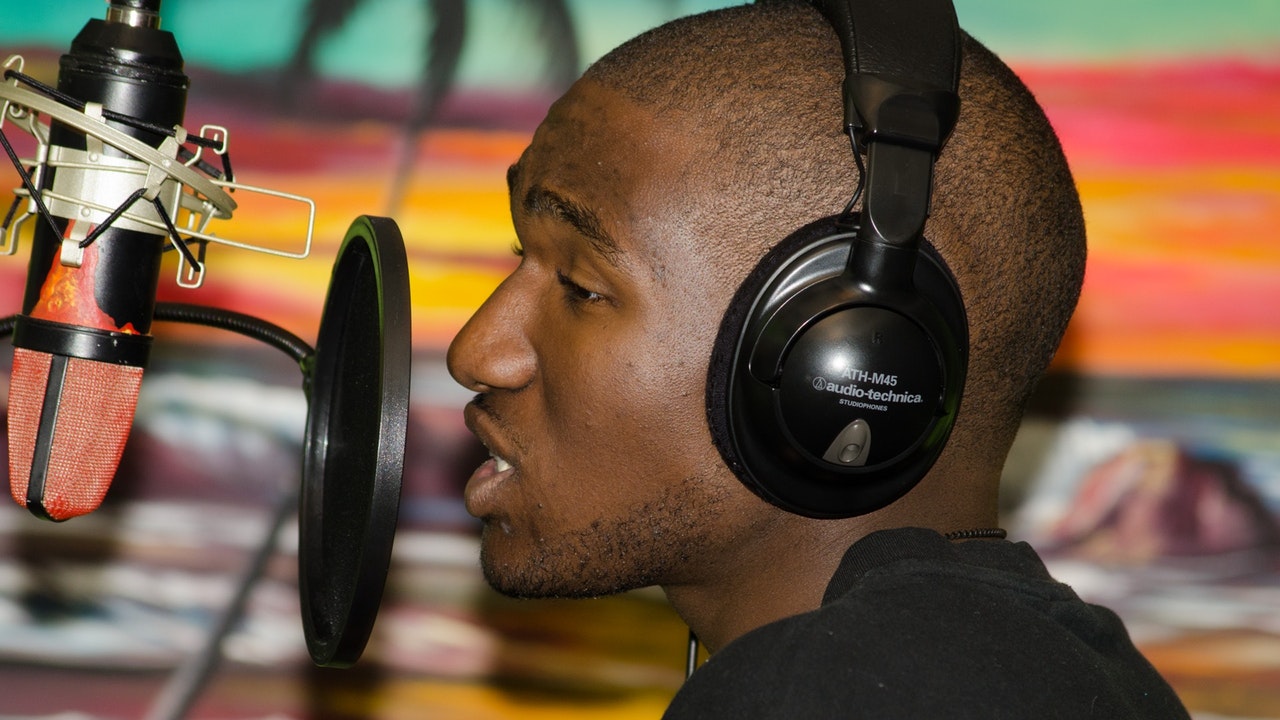Starting a Podcast
Mapping out your podcast project and telling your story
Overview
According to NPR, if you are thinking about starting a podcast you first need to spend time thinking about what you want to make and who you’re making it for. Indeed, you need to be intentional and specific about what you are about to set out to do and who will be listening to what you have to say.
This chapter will help you to start your podcast off on the right foot by showing you how to complete a podcast blueprint. This blueprint, based on the NPR Storytelling Project Blueprint from NPR Training, is a distillation of what we think are four essential steps in the planning and storytelling phase that will help increase your chances of setting realistic, authentic goals for your podcast.
Starting your project
No matter what format your podcast takes, you will always be telling a story. Your story will manifest in the sound of your voice, the environments in your recording, the words in your script, and the editing of your project. What you say and what you do matters. But we realize that starting a podcast is no small feat and often comes with big ideas with no authentic and feasible way to scope those ideas and make them come to life.
Step 1: What is your Big Idea?
Describe your podcast in one memorable sentence. Consider this a statement of purpose. What is your podcast really about? You could also think of this as an “elevator pitch” but know that this idea can, and likely will, change during the workshop.
Step 2: Who is your audience?
Who do you intend to reach with your podcast? How do you think your audience perceives themselves?
Step 3: What general takeaways do you want the audience to have?
How do you want your audience to connect? What do you want them to feel? What do you want your audience to say after listening to your podcast?
Step 4: Write your aspirational podcast review.
Envision your ideal listener. What do they look like? Describe them. Now, envision your ideal podcast review – the 5.0-star review in your comments that gushes about your podcast. What does it say?
Step 5: What do you think you’re making?
Now we’re getting into the nitty gritty of your podcast idea. Identify your particular podcast format (interview, solo commentary, narrative stories, or hybrid) and try to provide a summary of what you think you will be making in this workshop. Think of this as a conceptual outline – not a proposal – of where you want to go in this workshop. Know that this is a draft and is meant to provide a broad representation of your podcast’s characteristics.
At this point, you are ready to choose a podcast genre. It’s likely that you will pick and choose different aspects of each genre to incorporate into your own production, but we encourage you to start with the genre that most resonates with your idea or proposal. The genres are as follows [Click on links below]:
Interviews: Learn about the art of the interview.

Investigative Reporting: Get into the nitty gritty of investigative reporting and non-fiction podcasts.
Panel Discussion & Team Comedy: Podcasting as a team sport. Learn about panels and team-based podcasts.
Solo Commentary, Comedy & Fiction: Taking on a podcast solo? Learn some strategies about how to do commentary-style, comedy, or fiction podcasts.
This chapter is republished from Starting a Podcast Production module in the Storytelling Fellows Podcasting workshop under a Creative Commons license  Creative Commons Attribution 4.0 International License. Podcasting Coaching Team 2020.
Creative Commons Attribution 4.0 International License. Podcasting Coaching Team 2020.




